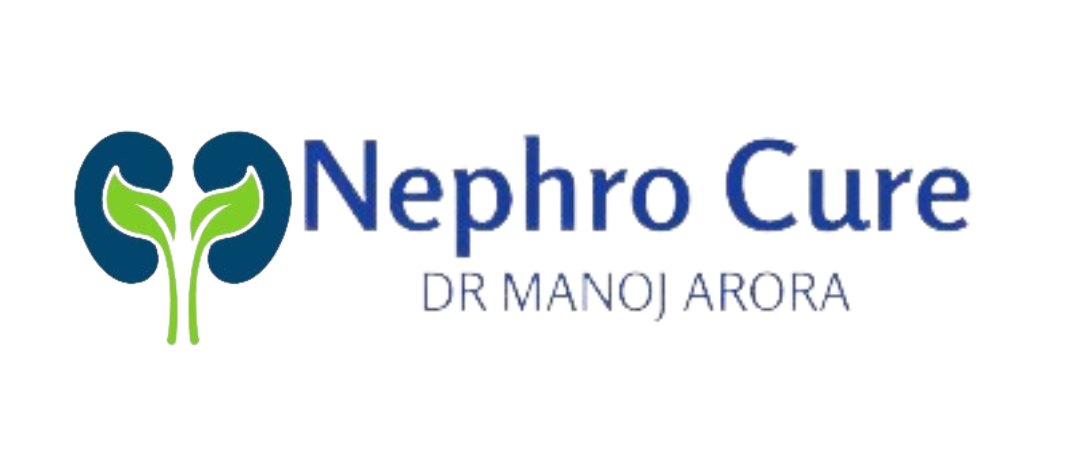Subtotal $0.00
Understanding the Link Between Hypertension and Kidney Diseases
Introduction: Hypertension, commonly known as high blood pressure, is a prevalent health condition that affects millions of people worldwide. While it often goes unnoticed, untreated hypertension can lead to various complications, including kidney diseases. In this blog, we delve into the intricate relationship between hypertension and kidney health, exploring how one condition can impact the other and what steps can be taken to mitigate the risks.
Understanding Hypertension: It is a condition in which blood pressure stays elevated for long periods, putting continuous strain on the arteries and the heart. This places undue stress on the cardiovascular system, increasing the risk of heart disease, stroke, and kidney damage. Many factors contribute to the development of hypertension, including genetics, lifestyle choices, and underlying medical conditions.
The Kidneys’ Role: The kidneys play a crucial role in regulating blood pressure by controlling the body’s fluid balance and filtering waste products from the bloodstream. When blood pressure is elevated over time, the delicate blood vessels within the kidneys can sustain damage, impairing their ability to function properly. This condition, known as hypertensive nephropathy or hypertensive kidney disease, is a leading cause of chronic kidney disease (CKD).
The Connection Between Hypertension and Kidney Diseases: Chronic hypertension can gradually damage the tiny blood vessels in the kidneys, leading to a reduction in kidney function and the development of CKD. Conversely, CKD can exacerbate hypertension by disrupting the body’s fluid and electrolyte balance, leading to further increases in blood pressure. This vicious cycle underscores the importance of early detection and management of both conditions to prevent complications and preserve kidney health.
Prevention and Management Strategies:
- Regular Blood Pressure Monitoring: Monitoring blood pressure regularly is essential for early detection and management of hypertension. Individuals with hypertension should strive to maintain their blood pressure within recommended target ranges through lifestyle modifications and, if necessary, medication.
- Healthy Lifestyle Choices: Adopting a healthy lifestyle can help prevent and manage hypertension and kidney diseases. This includes maintaining a balanced diet low in sodium and saturated fats, engaging in regular physical activity, maintaining a healthy weight, limiting alcohol consumption, and avoiding tobacco use.
- Medication Adherence: For individuals with hypertension or kidney diseases, adherence to prescribed medications is crucial for controlling blood pressure and slowing the progression of kidney damage. It’s essential to follow healthcare provider recommendations and take medications as directed.
- Regular Kidney Function Testing: Routine kidney function tests, including blood tests to measure serum creatinine levels and urine tests to assess protein excretion, can help detect early signs of kidney damage. Early intervention can help delay or prevent the progression of kidney diseases.
Conclusion: Hypertension and kidney diseases are closely intertwined, with each condition capable of exacerbating the other. By understanding the link between hypertension and kidney health and adopting preventive measures and management strategies, individuals can take proactive steps to safeguard their cardiovascular and renal health. Regular monitoring, lifestyle modifications, medication adherence, and timely medical intervention are key to managing these conditions effectively and reducing the risk of complications.






Mediax
December 7, 2023Your health and well-being are our top priorities. We take the time to listen to your concerns, answer your questions.
Mediax
December 7, 2023We understand that every patient is unique, and their healthcare needs may vary. That\'s why we create individualized treatment plans.
Mediax
December 7, 2023Our clinic is strategically located for easy access, ensuring that you can reach us conveniently from various parts of the community.